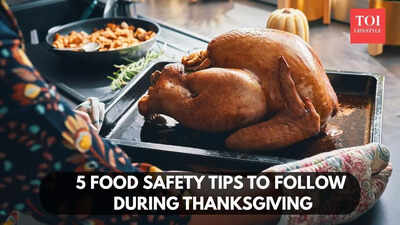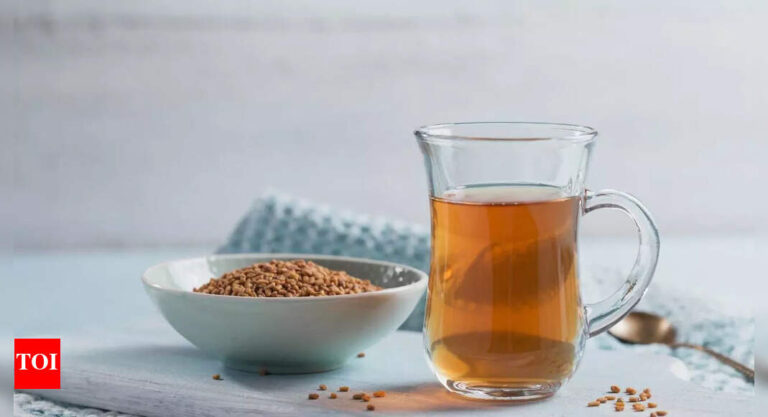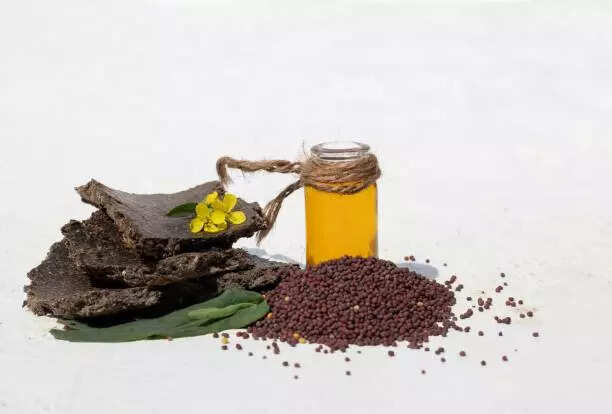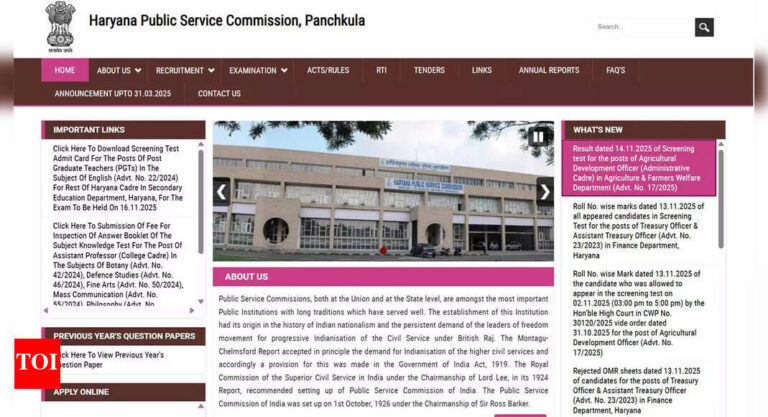
Thanksgiving is around the corner, which means hearty feasts. It is that time of year when families unite, express gratitude, and indulge in delicious meals. But it is also important to ensure that food safety does not take a back seat amidst the holiday cheer. Following proper handling and storage guidelines is essential to protect your loved ones from foodborne illness. In a video shared on Instagram, Dr Tania Elliott, a board-certified internal medicine specialist and allergist based in New York City, shared five important food safety tips that everyone should follow during this festive season.
Check your turkey for the USDA stamp
Turkey is the centrepiece of the Thanksgiving feast. Choosing the turkey for the feast is not just about how many people will be joining to eat; you have to follow food safety guidelines. Before purchasing your Thanksgiving turkey, look for the USDA stamp of inspection, the doctor said. This mark confirms that the bird was processed under federal safety standards and inspected for quality. It also ensures that the bird comes from a facility that follows proper sanitation procedures.
Never eat reheated rice
During the holiday season, many of us crave carbs. But ensure you are not eating reheated rice. Rice dishes are in high demand during this season, and you should pay special attention to them, as they may contain Bacillus cereus, a bacterium that can survive cooking and multiply at room temperature. “Never eat reheated rice,” the doctor warned. When rice sits out too long, it produces heat-resistant toxins that reheating cannot eliminate. Try to consume rice dishes quickly. The USDA recommends refrigerating all leftovers within two hours of cooking, or one hour if the room temperature exceeds 90 degrees.
Wash your greens, even pre-washed
During the festive season, many people purchase pre-washed greens. Though most of these greens are labelled ‘triple washed’ and ‘ready to eat’, they still pose risks. “Always wash your greens, even if it says ‘triple washed’,” Dr Elliott said. Though those greens are pre-washed, they could become contaminated during packaging, transportation or storage. By washing them at home, you can reduce the risk of infections from E. coli or Listeria.
Don’t refrigerate potatoes or onions
Not all vegetables require refrigeration. You can store vegetables like potatoes or onions at regular room temperature. The doctor advised not to refrigerate potatoes or onions, as the cool temperature can do more harm than good. Cold temperatures convert potato starches to sugars, which can result in an off-putting sweet taste and potentially form higher levels of acrylamide when cooked. Onions, on the other hand, can become soft and mouldy. Instead, store these vegetables in a cool, dry, well-ventilated spot away from sunlight.
Keep your refrigerator below 40°F
Most people aren’t aware of the right temperature for refrigeration. Dr Elliott suggests keeping the temperature at 40 degrees Fahrenheit or lower to prevent bacterial growth. In case you cannot adjust the temperature on the refrigerator, adjust it manually. Use a refrigerator thermometer to verify the setting. This is particularly important when storing a thawing turkey and other make-ahead dishes.
Note: The information provided in this article is for educational purposes only and is not intended as medical advice. Always consult a qualified healthcare professional before starting any new medication or treatment, or before changing your diet or supplement regimen.








